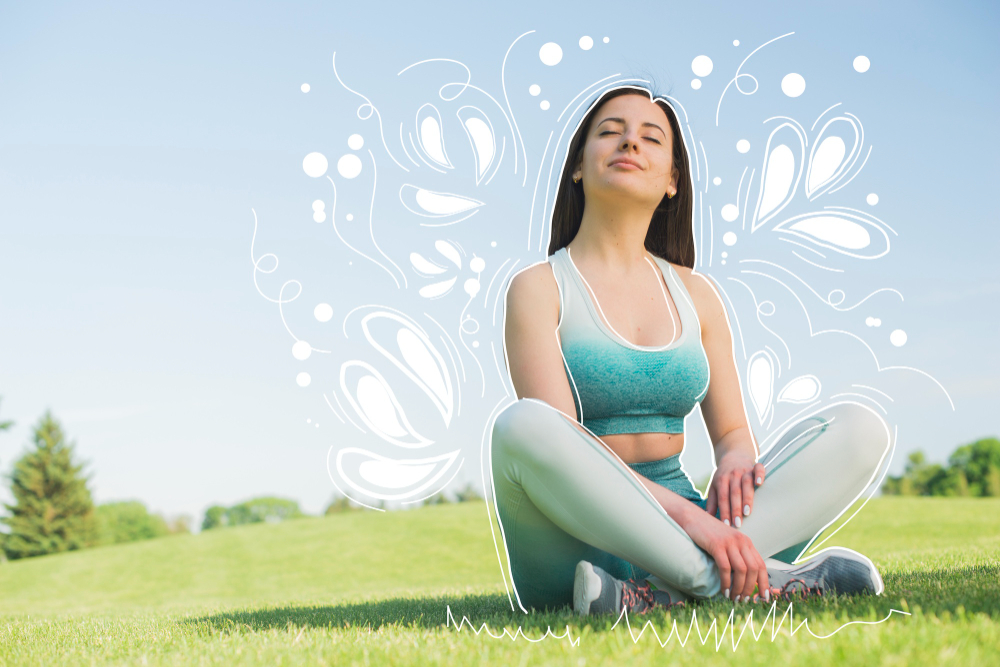
Holistic Health
Health is not just the absence of illness it’s a state of complete physical, mental, and emotional well-being. In today’s fast-paced world, the concept of holistic health is becoming increasingly vital. Holistic health addresses the root cause of imbalance in life rather than simply treating symptoms. It emphasizes natural, preventive measures and aims to enhance the overall quality of life.
Physical Wellness: More Than Just Fitness
Physical health extends beyond exercise. It encompasses nutrition, sleep, hydration, and recovery. The food consumed acts as fuel for the body, affecting not only physical energy but also mental clarity. Fresh fruits, vegetables, whole grains, and lean proteins help nourish the body from within. Avoiding processed foods, refined sugars, and excessive caffeine also contributes to long-term well-being.
Sleep plays a crucial role in physical repair and mental restoration. A consistent sleep schedule, a dark and cool room, and avoidance of screens before bedtime help improve sleep quality significantly. Proper hydration is equally essential, as water supports metabolic processes and eliminates toxins.
Mental Clarity: Mindfulness and Mental Hygiene
Mental health is often overlooked until challenges arise. But just like physical health, mental clarity requires daily attention. Mindfulness practices such as meditation, journaling, and breathwork enhance focus and emotional regulation. Taking a few minutes daily to quiet the mind helps reduce stress and anxiety.
Digital detoxes—short periods where screens are avoided also help declutter the mind. Reading, nature walks, or simply spending time in silence promotes inner peace. Practicing gratitude, setting realistic goals, and celebrating small achievements encourage a positive mental state.
Emotional Balance: The Key to Inner Harmony
Emotional well-being is about acknowledging feelings, understanding them, and expressing them constructively. Suppressed emotions often lead to chronic stress, which can manifest in physical ailments. Developing emotional intelligence involves active listening, empathy, and open communication.
Creating space for emotions through therapy, art, or meaningful conversations can lead to deep healing. Surrounding oneself with positive, supportive people contributes immensely to emotional resilience. It’s also essential to forgive oneself and others to release lingering emotional burdens.
Lifestyle and Environment: The Hidden Influencers
The environment plays a subtle but powerful role in health. Cluttered or noisy surroundings increase stress levels, while organized, calm environments promote relaxation. Lighting, air quality, and even color schemes influence mood and energy.
Routine matters as well. Consistency in daily activities waking up, eating, and sleeping at regular times—enhances body rhythm and mental clarity. Limiting exposure to negative news, toxic relationships, and chaotic environments supports peace of mind.
The Role of Preventive Care and Natural Remedies
Preventive health care is central to holistic wellness. Regular physical checkups, dental visits, and eye exams help detect potential issues early. Natural remedies like herbal teas, essential oils, and acupuncture offer supportive care when used responsibly.
However, it’s important to balance natural practices with evidence-based medicine. Self-diagnosis or overreliance on unverified treatments can be harmful. A collaborative approach where natural and modern medicine coexist—provides the best results.
Nutrition as Medicine
Food should nourish both the body and mind. A colorful plate is not just aesthetically pleasing but also packed with diverse nutrients. Eating according to seasons, chewing slowly, and practicing mindful eating leads to better digestion and absorption.
Incorporating superfoods like turmeric, ginger, garlic, flax seeds, and dark leafy greens enhances immunity and reduces inflammation. Avoiding late-night meals and overeating supports metabolic efficiency.
Exercise for Body and Brain
Movement is medicine. A balanced exercise routine includes cardio, strength training, and flexibility. But it’s not just about hitting the gym dancing, hiking, swimming, or practicing yoga are equally effective.
Regular exercise stimulates brain chemicals that enhance mood and reduce depression. Even walking for 30 minutes a day improves circulation and boosts energy levels. Listening to one’s body and not overtraining are essential for long-term results.
Mind-Body Connection: Listening Within
The body often sends subtle signals before an issue becomes severe. Learning to listen—whether it’s fatigue, digestive issues, or frequent mood swings can help detect imbalances early.
Practices like Tai Chi, Qi Gong, and conscious breathing build a stronger mind-body connection. When the mind is calm, the body follows, and vice versa. Self-awareness is the first step toward healing.
Building a Sustainable Healthy Life
Health is not a destination; it’s a continuous journey. By incorporating holistic practices into daily life, individuals can experience improved energy, clarity, and joy. There’s no one-size-fits-all approach each journey is personal. However, small, consistent efforts bring lasting change.
A healthy life is built from intentional choices what we eat, how we think, who we spend time with, and what we prioritize. Embracing a holistic approach helps unlock the body’s natural ability to heal, grow, and thrive.







